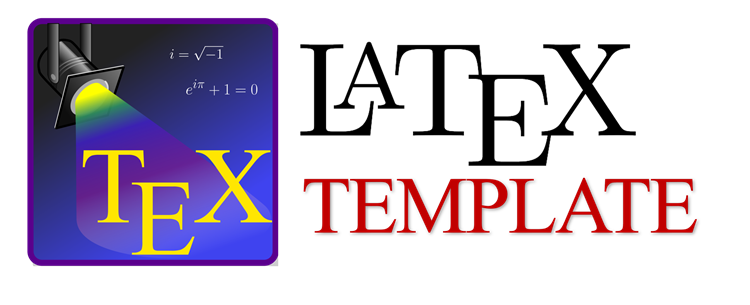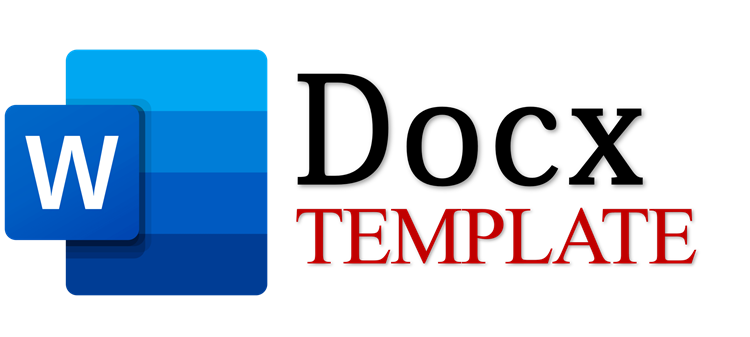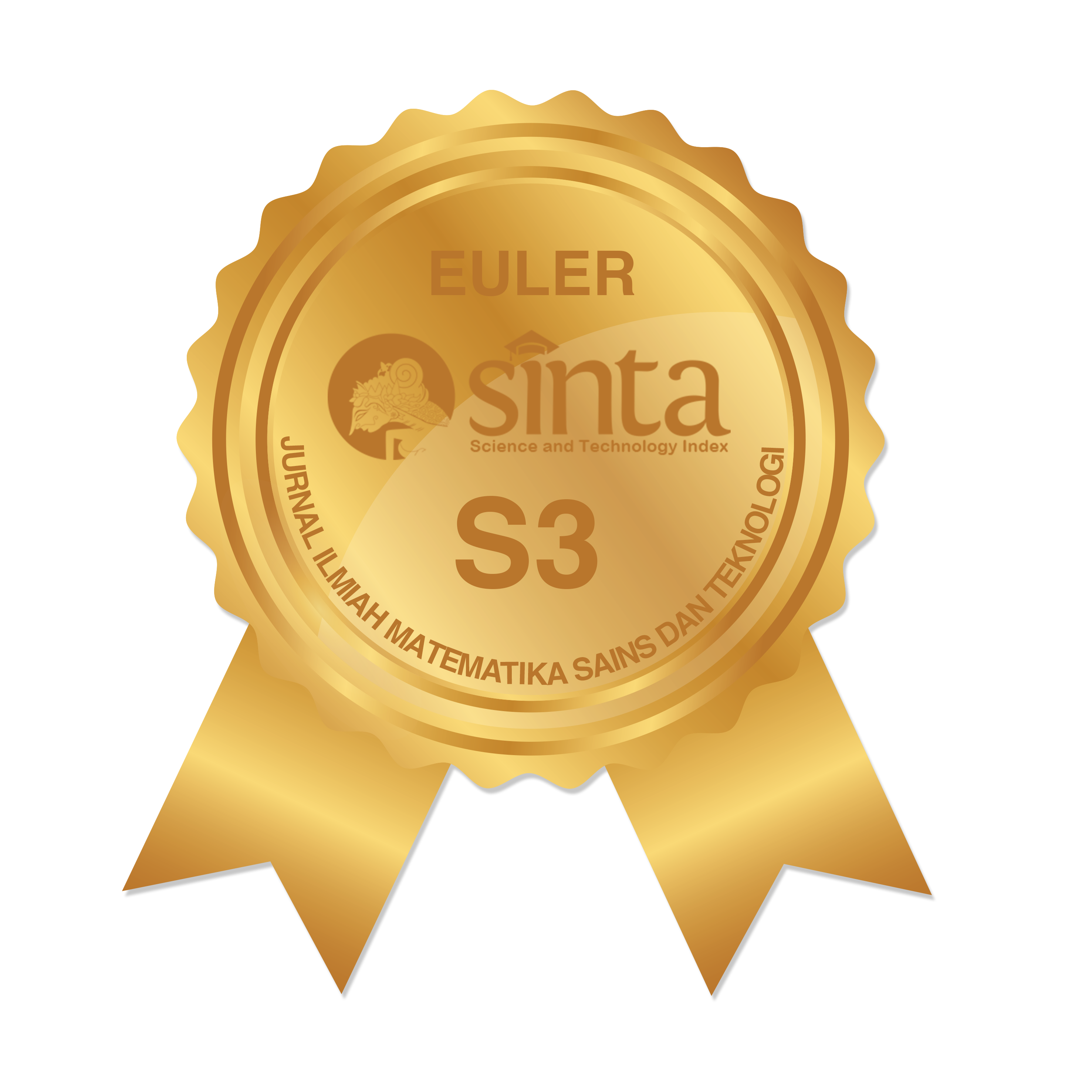Implementasi Struktur Aljabar Besar Pada Reaksi Kimia: Reduksi – Oksidasi
Abstract
Keywords
Full Text:
PDFReferences
B. Davvaz and V. Leoreanu-Fotea, Hypergroup Theory. World Scientific, 2022. doi: 10.1142/12645.
B. Davvaz and V. Leoreanu-Fotea, Hyperring Theory and Applications. International Academic Press, 2007.
B. Davvaz, A. Dehghan Nezhad, and M. M. Ardakani, "Chemical Hyperalgebra : Redox Reaction" MATCH Commun. Math. Comput. Chem., vol. 71, pp. 55-63, 2014.
B. Davvaz, A. Dehghan Nezhad, and A. Benvidi, "Chemical Hyperalgebra: Dismutation Reactions" MATCH Commun. Math. Comput. Chem., vol. 67, no. 1, pp. 55-63, 2012.
B. Davvaz and A. Dehghan-Nezhad, "Chemical Examples in Hypergroups" Ratio Mat., vol. 14, no. 1, pp. 71-74, 2010, [Online]. Available: http://arxiv.org/abs/1008.2438
K. M. Chun, "Chemical Hyperstructures of Chemical Reactions for Iron and Indium" J. Chungcheong Math. Soc., vol. 27, no. 2, pp. 319-325, 2014.
M. Al Tahan and B. Davvaz, "Chemical hyperstructures for Astatine , Tellurium and for Bismuth" Bull. Comput. Appl. Math., vol. 7, pp. 9-25, 2019.
S. C. Chung et al., "Chemical hyperalgebras for three consecutive oxidation states of elements" MATCH Commun. Math. Comput. Chem., vol. 72, no. 2, pp. 389-402, 2014.
M. Al-Tahan and B. Davvaz, "Chemical Hyperstructures for Elements with Four Oxidation States" Iran. J. Math. Chem., vol. 13, no. 2, pp. 85-97, 2022, doi: 10.22052/IJMC.2022.246174.1615.
B. Davvaz, A. Dehghan Nezhad, and M. M. Heidari, "Inheritance Examples of Algebraic Hyperstructures" Inf. Sci. (Ny)., vol. 224, pp. 180-187, 2013, doi: 10.1016/j.ins.2012.10.023.
M. Al Tahan and B. Davvaz, "Algebraic hyperstructures associated to biological inheritance" Math. Biosci., vol. 285, pp. 112-118, 2017, doi: 10.1016/j.mbs.2017.01.002.
M. Al-Tahan and B. Davvaz, "Fuzzy Subsets Of The Phenotypes Of F2 -Offspring" Facta Univ., vol. 34, no. 4, pp. 709-727, 2019.
M. Al Tahan and B. Davvaz, "A New Relationship Between Intuitionistic Fuzzy Sets and Genetics" J. Classif., vol. 36, no. 3, pp. 494-512, 2019, doi: 10.1007/s00357-018-9276-8.
E. H. Sadrabadi and B. Davvaz, "A new relationship between population genetics and fuzzy sets" Comput. Appl. Math., vol. 41, no. 6, pp. 1-13, 2022, doi: 10.1007/s40314-022-01979-z.
R. Chang, Chemistry. McGraw-Hill Companies, 2010.
DOI: https://doi.org/10.34312/euler.v11i1.19021
Refbacks
- There are currently no refbacks.
Copyright (c) 2023 Fakhry Asad Agusfrianto, Yudi Mahatma

This work is licensed under a Creative Commons Attribution-NonCommercial 4.0 International License.
Euler : Jurnal Ilmiah Matematika, Sains dan Teknologi has been indexed by:
EDITORIAL OFFICE OF EULER : JURNAL ILMIAH MATEMATIKA, SAINS, DAN TEKNOLOGI |
 | Department of Mathematics, Faculty of Mathematics and Natural Science, Universitas Negeri Gorontalo Jl. Prof. Dr. Ing. B. J. Habibie, Tilongkabila, Kabupaten Bone Bolango 96554, Gorontalo, Indonesia |
 | Email: [email protected] |
 | +6287743200854 (WhatsApp Only) |
 | Euler : Jurnal Ilmiah Matematika, Sains dan Teknologi (p-ISSN: 2087-9393 | e-ISSN:2776-3706) by Department of Mathematics Universitas Negeri Gorontalo is licensed under a Creative Commons Attribution-NonCommercial 4.0 International License. Powered by Public Knowledge Project OJS. |














